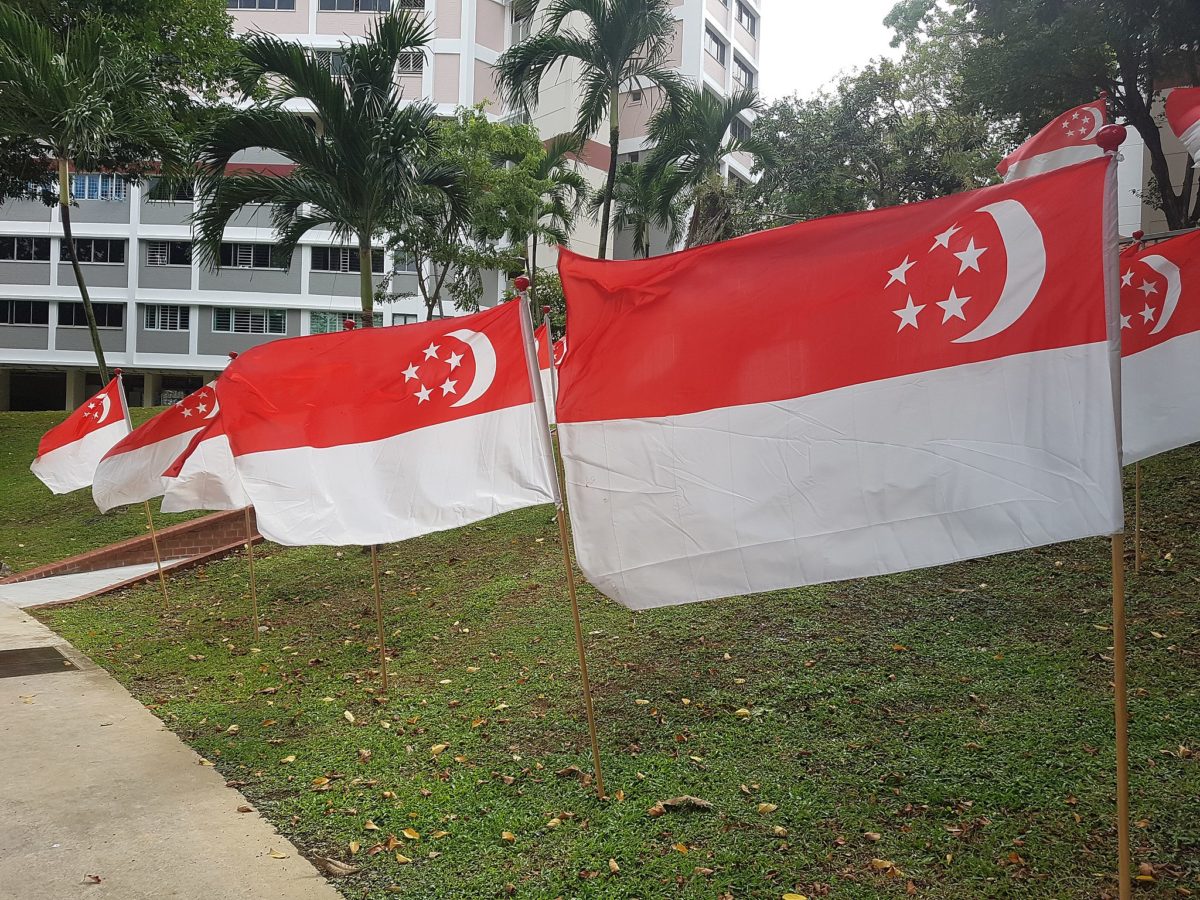From pv magazine International.
Singapore-based IT waste recycling company TES has opened two battery recycling facilities which, it claims, will enable it to offer the “highest commodity-grade recovery rates in the industry” for lithium and cobalt as well as copper and aluminum.
The recycling company also revealed plans to reuse spent electric vehicle (EV) batteries for commercial and residential energy storage applications.
 The company announced yesterday it had invested “approximately $25 million” in battery recycling facilities in Singapore and in Grenoble, France. The press statement released did not spell out whether the investment figure related to Singaporean dollars (Rs130.7 crore) – which would equate to US$18.4 million (Rs130.6 crore) – or the U.S. currency. The company also failed to offer figures relating to the capacity of the two new assets: TES B, in Singapore, and Recupyl.
The company announced yesterday it had invested “approximately $25 million” in battery recycling facilities in Singapore and in Grenoble, France. The press statement released did not spell out whether the investment figure related to Singaporean dollars (Rs130.7 crore) – which would equate to US$18.4 million (Rs130.6 crore) – or the U.S. currency. The company also failed to offer figures relating to the capacity of the two new assets: TES B, in Singapore, and Recupyl.
TES, which describes itself as “the largest e-waste [electronic waste] recycler in the world”, said its proprietary “hydrometallurgy” recycling system would use chemical treatment processes to recover lithium and cobalt after magnetic separation had sorted out copper and aluminum.
Light on detail
The press release did not state what volume of water would be required for the recycling process, nor whether the liquid could be reused to ensure a true circular economy approach. pv magazine has approached the company for more details.
The Singaporean business, which is backed by the Kuala Lumpur-based Navis Capital Partners investment fund, was more vague about its EV battery reuse plans – which it has called its Energy Storage System – saying only TES is working with “strategic partners” to roll out the service.
“Investing in technology that keeps TES at the forefront of the sustainability movement is in our DNA,” said CEO Gary Steele in the company press release. “Looking ahead, the battery space is potentially facing raw material commodity shortages stemming from the exponential proliferation of Internet of Things devices, electric vehicles and mobility devices. These real-world challenges need real-world solutions.
“Working in close partnership with the EDB (Singapore’s Economic Development Board) and the NEA (National Environment Agency) has enabled TES to develop an innovative battery recycling solution that further cements Singapore as being at the center of the future circular economy.”
This content is protected by copyright and may not be reused. If you want to cooperate with us and would like to reuse some of our content, please contact: editors@pv-magazine.com.









By submitting this form you agree to pv magazine using your data for the purposes of publishing your comment.
Your personal data will only be disclosed or otherwise transmitted to third parties for the purposes of spam filtering or if this is necessary for technical maintenance of the website. Any other transfer to third parties will not take place unless this is justified on the basis of applicable data protection regulations or if pv magazine is legally obliged to do so.
You may revoke this consent at any time with effect for the future, in which case your personal data will be deleted immediately. Otherwise, your data will be deleted if pv magazine has processed your request or the purpose of data storage is fulfilled.
Further information on data privacy can be found in our Data Protection Policy.